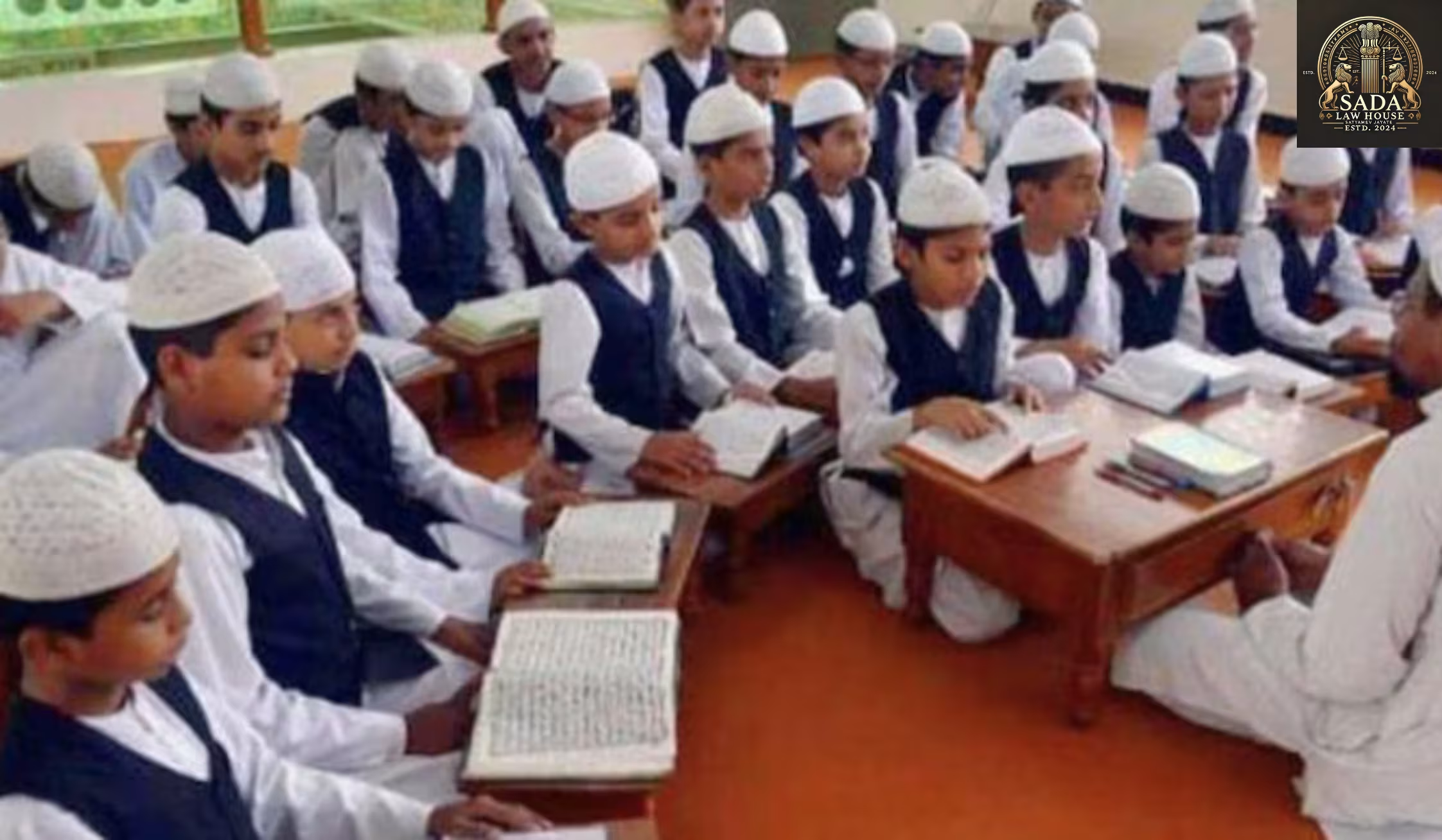Supreme Court Questions Government Over Non-Recognition of Madarsa Degrees Like Kamil and Fazil
- Kashish jahan
- 04 June 2025

The Supreme Court of India issues notices to the Central Government and the Uttar Pradesh Government over the lack of recognition for Madarsa degrees like Kamil and Fazil, raising constitutional concerns.
Introduction: A Fight for Educational Equality
In a pivotal move toward educational inclusivity in India, the Supreme Court of India has sent formal notices to the Government of India and the Government of Uttar Pradesh. This comes in response to a petition seeking official recognition of Madarsa degrees, especially Kamil and Fazil, as equivalent to conventional degrees like Bachelor of Arts (B.A.) and Master of Arts (M.A.).
Why Madarsa Degrees Like Kamil and Fazil Matter
Madarsas, or Islamic educational institutions, have historically provided religious and scholarly education. Degrees such as Kamil and Fazil reflect high-level Islamic academic achievement. However, these qualifications currently lack recognition, leading to:
Restricted access to higher education
Exclusion from mainstream employment
Ongoing educational and institutional discrimination
The Legal Argument: Violation of Constitutional Rights?
The petition contends that the non-recognition of Madarsa degrees violates:
The Court’s notice suggests growing legal concern about equal educational access and could lead to a precedent-setting verdict.
What’s at Stake for Madarsa Students?
If the Supreme Court rules in favor of recognition, the outcome could:
Benefit lakhs of Madarsa students across India
Enable access to university-level education and jobs
Promote social mobility and reduce educational inequality
This case could significantly shape future educational policy reforms in India.
Government Response Awaited
Both the Central Government and Uttar Pradesh Government have been directed to submit their responses. Their stance will be crucial in determining whether Islamic education will be integrated into the mainstream academic framework.
Conclusion: Toward Inclusive Education in India
The Supreme Court’s action underscores the importance of inclusive education and equal opportunity for all students. Recognizing Kamil and Fazil degrees could be a transformative step for students who have traditionally been excluded from formal educational and employment systems.
Case Laws






